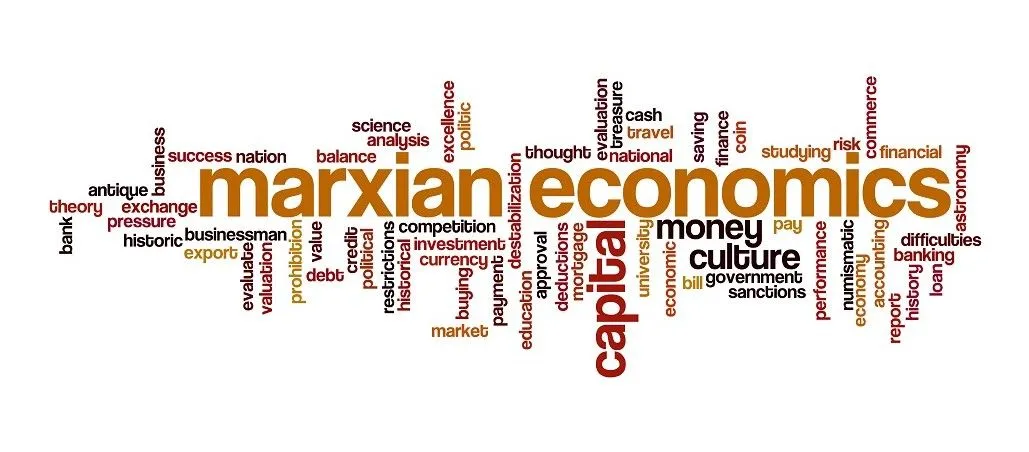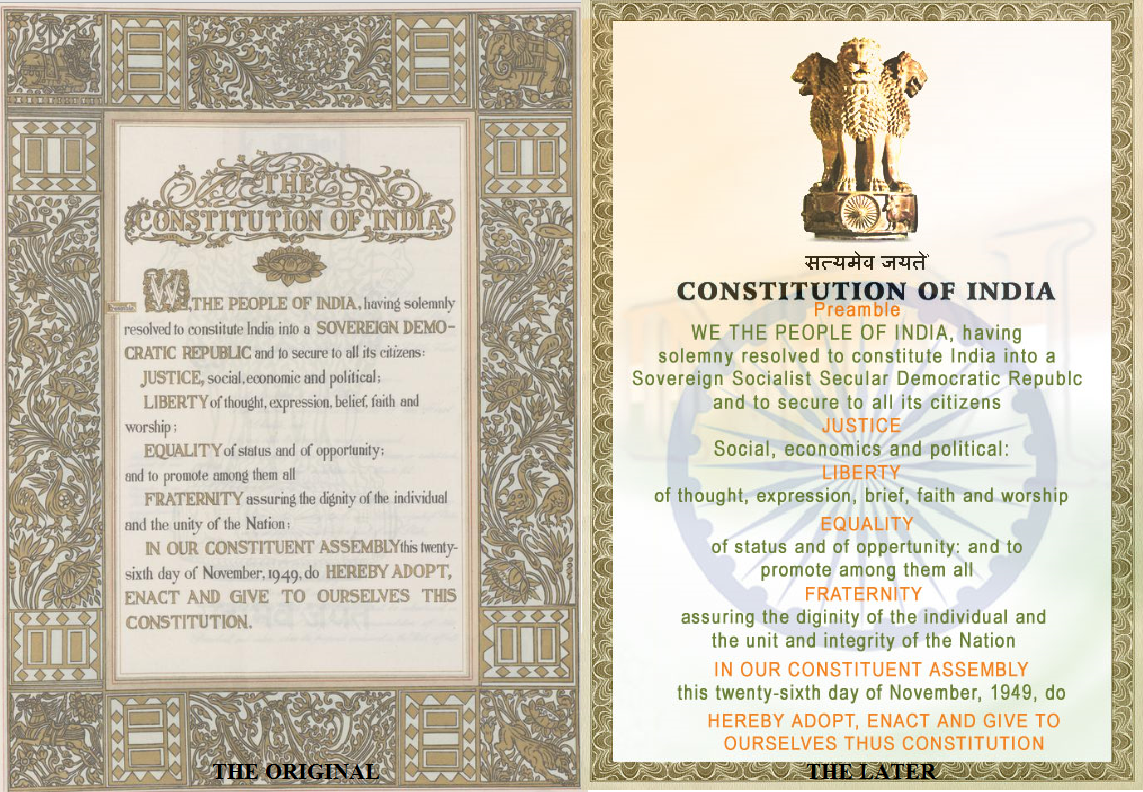Money Supply refers to the total volume of money held by the public at a particular point in time. It has implications on the aggregate demand of an economy, and thus on inflation. In order to maintain the level of liquid money flowing through the economy, bank regulators influence the […]
Marxist Conception of Economy
Some facts and my personal take! Karl Marx, born in 1818, was a German philosopher, economist, and political theorist who profoundly influenced the field of social science. His ideas and writings have had a lasting impact on the world, making him one of the most influential figures in modern history […]
Socialist India and the Nehruvian Thought
India gained its independence from British rule on August 15, 1947. Jawaharlal Nehru became the first Prime Minister of India. Nehru was a westernized, secularized individual who was inspired by ideas related to socialism and social democracy. This period in Indian politics saw almost no, or otherwise negligible, inter-party competition. […]
Cashless Economy and UPI In India
A cashless economy is one in which the flow of cash is absent (or in practice negligible), and all financial activities are conducted through electronic mediums such as credit/debit cards, Unified Payments Interface (UPI), National Electronic Funds Transfer (NEFT) etc. Such economies have several advantages: There are also disadvantages like […]




